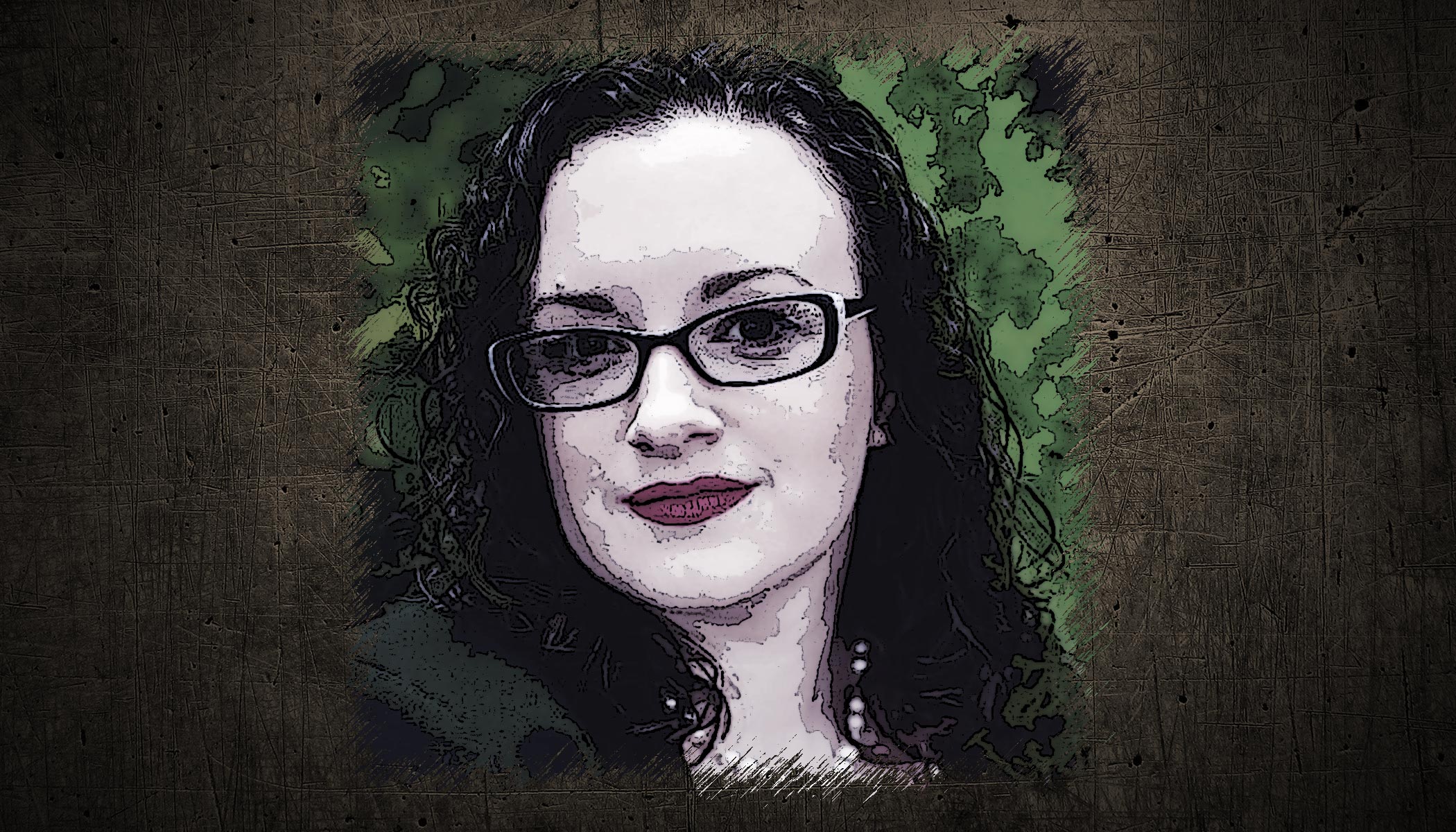The last time they were on the show (back in October), we all had such a blast that we promised we’d do it again soon. We’re very happy to keep that promise and welcome back Janet Morris and Chris Morris for another 20 minutes of writerly discourse, laughs, and unique insights into the storyteller’s craft.
As an added bonus, I’m delighted to have J. Daniel Sawyer – author, raconteur, and one of the evil geniuses commanding the fabulous Escape Artists series of podcasts (check out the EA Meta-Cast or this post from Alasdair Stuart for details) – seated beside me as wingman on this Ascent into Awesomeness. Between Dan, Janet, Chris, and myself, we delve into the possible origins of the current dystopian craze in genre literature, a glance back at the fandom of yesteryear, and the on-going pursuit of “truth” in our stories. It’s 20(ish) minutes unlike any other we’ve had so far… click “PLAY” and join the discussion! (and the fabulousity continues in Janet and Chris’s Workshop Episode).
PROMO: “The Black” by Paul Elard Cooley
Showcase Episode: 20 Minutes with Janet and Chris Morris
[caution: mature language – listener discretion is advised]
Podcast: Download (Duration: 46:09 — 42.3MB)
Subscribe: RSS
We have a NEW FORUM! Share your comments to this (or any) episode over at the RTP Forum!
Check out this and all our episodes on iTunes and on Stitcher Radio!
Janet and Chris in the world…
- You can stay up on all the latest at their Facebook Page (administered by Tempus Thales himself!)
- Definitely make the scene at Perseid Press, Janet and Chris’s publishing imprint
- You can follow both Janet and Chris on Twitter
- A brief overview of their achievements is detailed at Janet and Chris’s Wikipedia pages
- You can also catch Chris’s marvelous music on Soundcloud
- AND you can catch live performances and their full presentation of “Social Reconstruction Through Heroic Fiction” on YouTube (and this version of Chris’s “The Searcher” is fabulous!)
J. Daniel Sawyer is a man of many parts…

- His Website is fraught with fabulous insights and content
- Check out “Crudrat“, the audiobook he produced for Gail Carriger’s first SciFi story!
- Follow him on Twitter: @dsawyer
- The full glory of his literary works are on display at Dan’s Amazon Page








I am puzzled and disturbed by Janet Morris’ choice to single out “population” as the main cause of environmental collapse. Puzzled, because of all the climate science I’ve read or heard, some mention population and others don’t, but all highlight fossil fuel emissions, something she doesn’t even bring up in passing. Disturbed, because while fossil fuel emissions are largely the fault of rich, light-skinned, industrialized nations; population growth is largely an issue of impoverished, dark-skinned, industrializing ones. So instead of calling out ourselves or our leadership, the “it’s the fault of population” narrative foists the blame off onto those who have several orders of magnitude less political and economic power than we in the west do. People in impoverished countries also disproportionately suffer from the effects of climate change, and are forecasted to suffer a lot more disproportionately. So this narrative reads to me like a case of blaming the victim, and flies directly in the face of the scientific evidence.
If we really want to have a conversation about averting catastrophic climate change, let’s talk about what we in the global north can and should be doing, informed by actual climate science; rather than appealing to White Man’s Burden narratives of having to “civilize” the ignorant barbarians and teach them a better way.
Also, please don’t throw around terms like “Manifest destiny,” which has a deeply racist and oppressive connotation. I love this show, and I know you can do better. Stay cool, guys.
This comment arrives from a pen self-identifying as “we in the west” and “we in the global north” as well as one conversant with “White Man’s Burden narratives” and terms connoting racism and oppression, rather than those expressing inclusive, pluralistic, progressive, much less universal, points of view. This pen seeks to demarcate, cast aspersions, and insists on drawing lines separating speakers and opinions based on its own subjective predilections.
I invite this pen to a wider view..
Many seeking to grow beyond strictly geographic, nationalistic, religious, ethnic and socioeconomic qualifiers of participation in what is incontrovertibly an intricately interdependent and interconnected global environment are subscribers to planetary citizenship – the ultimate social identity of caring persons resident on this world. As planetary citizens they soberly accept an obligation to recognize, address and improve the conditions for all the world’s life forms, and cast off outmoded historic restraints to the human care-taking impulse. In this context – that of a single shared planetary habitat – all environmental conditions link inextricably to all other environmental conditions and the shared objective is achieving planetary balance. Instead of contrasting the components of problems affecting the quality of life for all we can focus on areas of overlap and relatedness between them, areas most likely to yield insights helpful to salvage and preservation.
In conversation centering on planetary participation and engagement, the scolding rhetoric of social exclusion serves only to remind us of the futility of segregating with terminology what is inherently contiguous and continuous.
Thank you for joining us.
No need to stand on formalities, feel free to call me Emery.
I heartily agree that it this planet is a holistic entity; that arbitrarily cutting it up into pieces like “global north”/”global south,” “West”/”East,” is ridiculous and dangerous; and that it is part of our duty as global citizens to affirm our interconnection and “cast off outmoded historic restraints to the human care-taking impulse.” However, I do not see that it is possible to achieve this without acknowledging the political and social power these divisions have, even if they have no intrinsic validity.
I also agree about the importance of language. It’s why I eschew terms like “primitive,” “barbarism,” and “Manifest Destiny,” all of which were used on the podcast, and I similarly avoid (as someone who is identified in this society with the classification “white”) using the n-word: because of their historically harmful implications.
I find it curious that you chastise my use of language, without addressing the substance of my argument. That being the case, however, I will confine myself to making my point in the language used on the podcast itself.
I am disturbed by the assertion that “We’re forcing primitive cultures through a process that took this country 250 fricking years” (in regard to lowering birthrates) because it sets up an implicit superior/inferior dynamic between “we”/”this country” (and by extension, other “economically advanced” ones) and “primitive cultures.” This is uncomfortably reminiscent of the way the old colonial powers’ justified their oppressive exploitation by arguing they had a duty to “civilize” their backwards, “primitive,” sometimes even “barbaric” colonial subjects. What makes it all the worse is that the civilized colonial powers and backwards colonial subjects of yesteryear map almost exactly onto the current “economically advanced countries” and “primitive cultures,” respectively.
I don’t mean to give the impression I do not support curbing population growth – I emphatically do, through methods such as improving access to birth control and women’s power over their own reproductive systems.
I diverge from the discourse on the podcast 1) in the implication (intentional or otherwise) that this requires societies with high birth rates go through the same development process “this country” and other “economically advanced” ones did, with all the good, bad, and just plain culturally specific consequences thereof – there are innumerable ways to solve the problem. 2), in the implication that it is the job of “this” and other “economically advanced countries” to “force” the “primitive cultures” through such a process (see above).
And perhaps most importantly, 3) in the implication that population growth, as opposed to CO2 emissions, is the primary cause of the unfolding global climate crisis. Some of the climate science I’ve read names population growth as a factor, some doesn’t, but everything puts carbon emissions from burning obscene amounts of fossil fuels in vehicles and power plants at the top of the list.
As pointed out in the podcast, the “economically advanced countries” (which are implicitly couched in superior terms in the discussion) are pretty much down to replacement-level birthrates. They also, however, hold the lion’s share of the blame for out-of-control carbon emissions.
Both this argument and the one on the podcast (the scolding rhetoric of “Stopping. People. Breeding” and the like) posit certain groups of actors as bearing more responsibility than others for the current state of environmental crisis. Depending upon which one is more correct, the steps necessary for global citizens to achieve planetary balance, and the role of those based in the “economically advanced countries” in that work, will be very different.
I invite interested readers to do their own research into the causes of climate change, the effects and potential remedies of population growth, the history of colonialism, and the current power dynamics of the world we live in. (And, of course, always consider where the information is coming from, and what biases they might have, including in my own case.)
Love and joy to all.